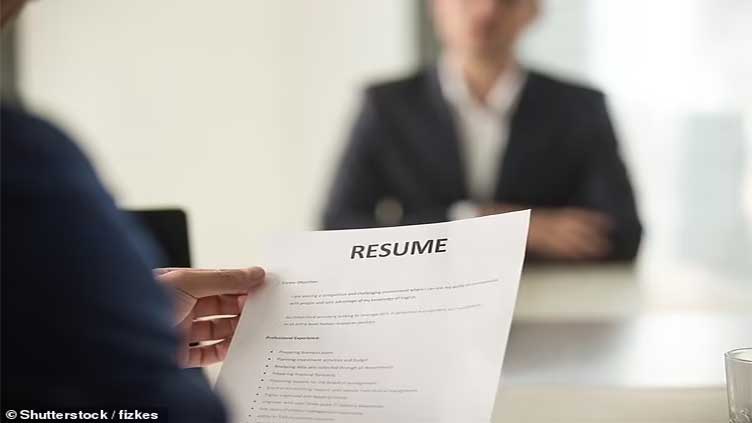New study claims merit-based hiring is unfair

Business
Study says employers should consider socioeconomic disparities over merit-based hiring
(Web Desk) - Most employers hire individuals based on their qualifications - but a new study has claimed the process may be unfair.
Researchers at the American Psychological Association are now claiming that socioeconomic disparities should be the focus when seeking potential employees.
The team conducted five experiments where participants were given background information about the two types of candidates, revealing those who learned about merit-based hiring perceived it as less fair.
Researchers concluded that merit-based hiring fuels racial inequality as 'members of marginalized racial groups tend to experience socioeconomic disadvantages more often than members of privileged racial groups.
Merit-based hiring is when an employer hires a candidate solely on their resume, achievements including higher education, and their past career advancement.
People who suffer from socioeconomic disparities include those who come from low income areas, didn't have access to higher education, and therefore weren't able to advance their career.
Researchers conducted five experiments, and in the first two experiments, the groups read about merit-based hiring but one group wasn't given additional information about the candidates.
In the second group, researchers informed the participants about the candidate's socioeconomic disadvantages and the advantages of another candidate.
Researchers said the second group found that merit-based hiring or promotion is less fair and has less equal opportunity for candidates.
The study included examples about two employees who were being considered for a job promotion - both employees attended college, but one was high-performing while the other struggled to show he wasn't able to handle more responsibilities.
The study said the first employees high performance rate was likely because of his wide-ranging extra-curricular activities in college while the second employees poor performance was 'probably a consequence of having less work-related experience' because he didn't do any internships or extra-curricular activities before joining the company.
In this example, participants were asked to gauge if it was fair that the harder working candidate got the job and if the employees had equal opportunity competing for the promotion.
The study found that candidates who received additional information about the lower performing candidates' background perceived a significantly less equality of opportunity than the group that received no background information.
'Socioeconomic disadvantages early in life can undermine educational achievement, test scores, and work experiences. In this way, inequality can undermine equal opportunity,' said lead researcher Daniela Goya-Tocchetto, PhD, an assistant professor of organization and human resources at the University at Buffalo-State University of New York.


